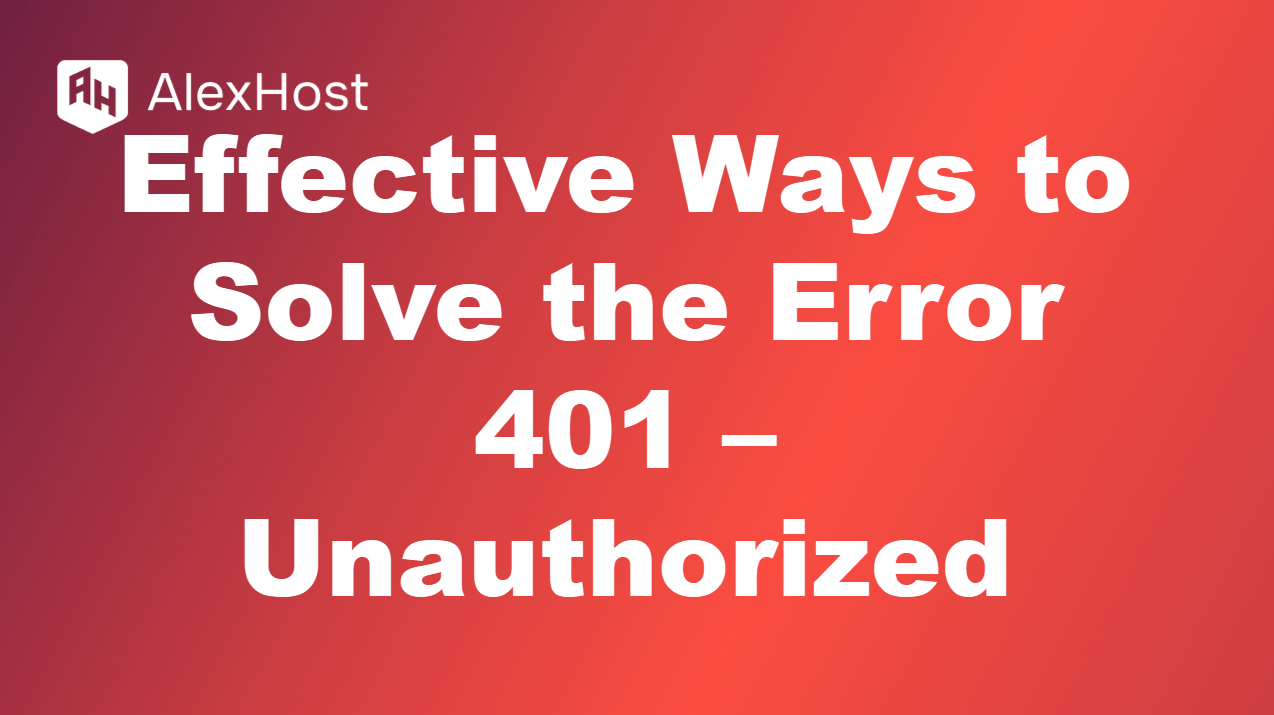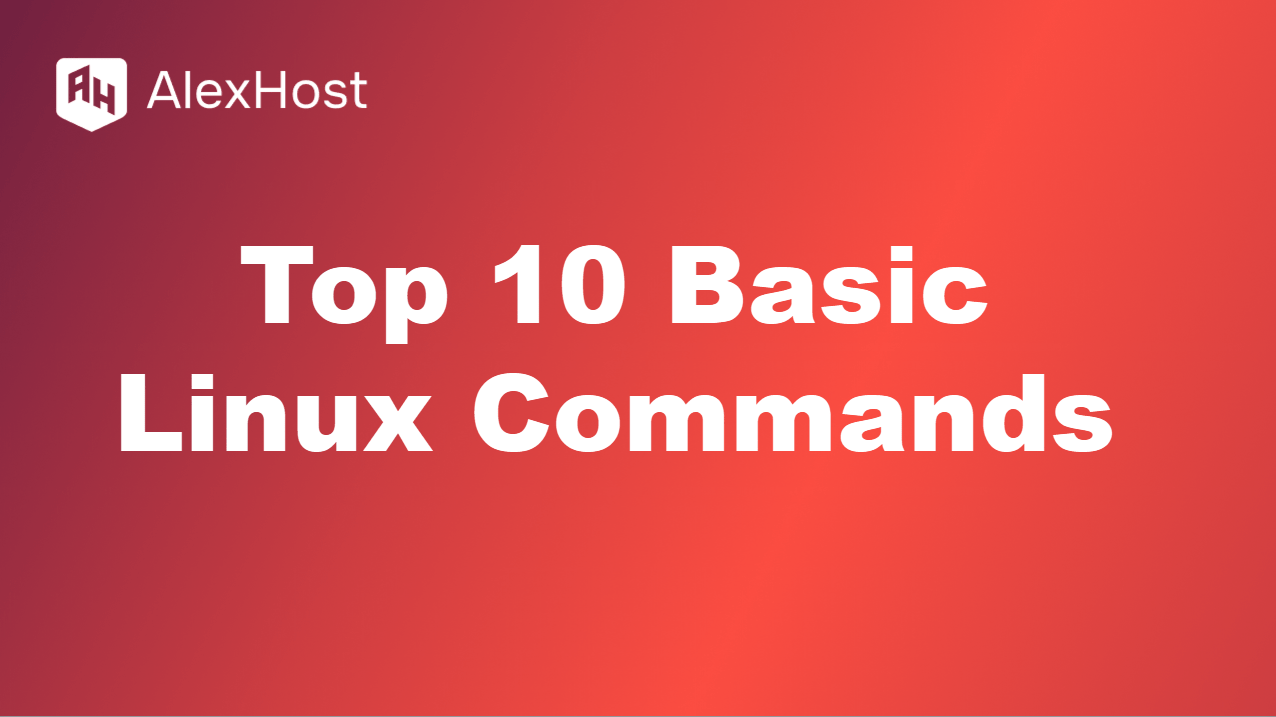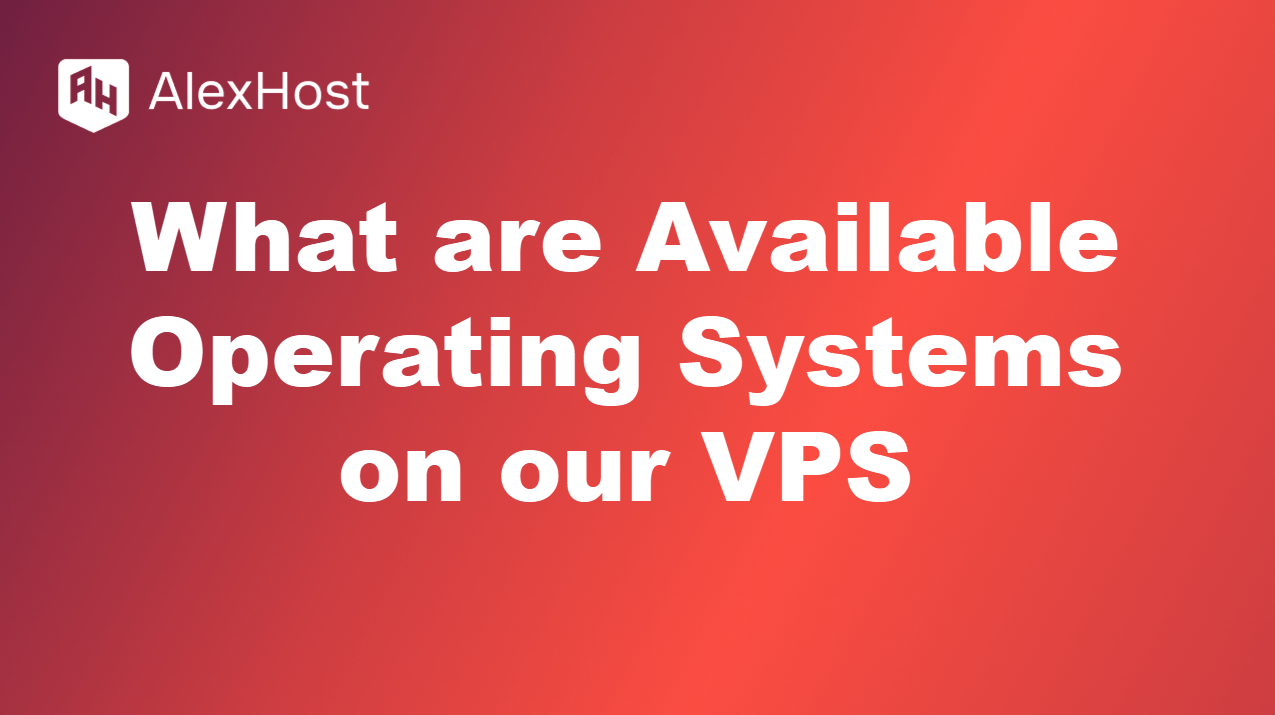Managing your emails efficiently requires a reliable hosting solution, and AlexHost’s Email Hosting Services provide the perfect foundation. With robust security, fast performance, and full support for IMAP/SMTP configurations, AlexHost ensures seamless integration with email clients like Spark. Whether for personal use or team collaboration, AlexHost empowers you to stay organized and connected effortlessly. Spark […]
Symbolic links, commonly referred to as symlinks or soft links, are powerful tools in Linux that allow users to create a pointer to another file or directory. Rather than copying the actual data, a symlink provides an easy way to reference files or directories, making management and access much simpler. They are essential for tasks […]
Managing and optimizing your Ubuntu server is crucial for maintaining peak performance, especially when hosting critical applications. AlexHost’s Linux VPS Hosting provides a reliable and secure platform, giving you the flexibility to manage installed packages efficiently using tools like apt, dpkg, or snap. With full root access and scalable resources, AlexHost ensures you can customize […]
Yellowdog Updater, Modified (abbreviated YUM) is a package manager used in RPM (Red Hat Package Manager)-based Linux distributions such as CentOS, Fedora, and RHEL (Red Hat Enterprise Linux). YUM makes it easy to install, update, remove, and manage software packages. In this article, we will cover the basic commands and principles of YUM, which will […]
When working with a server, quite often the need arises to configure the correct operation of the HTTP protocol. Undoubtedly, both experienced administrators and newbies may experience difficulties. Speaking specifically about the 401 (Unauthorized) error, this is one of the most common HTTP responses, which indicates that the requested resource requires authentication. In this article, […]
Linux is renowned for its versatility and power, making it one of the most popular and widely adopted operating systems among developers, system administrators, and power users across the globe. Its open-source nature and strong community support have contributed to its continuous evolution and improvement, positioning it as a reliable choice for everything from personal […]
Managing files and directories is a critical aspect of effectively using Ubuntu, particularly when it comes to maintaining a well-organized server environment. Whether you’re running a small personal server or managing a large-scale enterprise system, the ability to create and manage directories is essential for maintaining order and efficiency. Proper organization of your file system […]
Launch a Dating Website on AlexHost VPS for Scalable Success To effectively resolve the “SET PASSWORD has no significance for user root@localhost” error, you must first understand the cause. This error can occur for a variety of reasons, each of which requires a different approach. For example, it may be related to current security settings […]
Continuously monitoring RAM usage is crucial to maintaining optimal system performance and detecting potential problems before they affect overall operation. RAM is a vital resource in any operating system, as it temporarily stores data and running processes, allowing for fast and efficient access. Excessive or inefficient use of RAM can lead to system slowdowns, crashes, […]
Choose Your Perfect OS on AlexHost VPS Why select an OS with AlexHost? AlexHost’s VPS and dedicated servers offer a wide range of operating systems, from Ubuntu to Windows Server, tailored for developers, enterprises, and security pros. With NVMe storage, root access, and DDoS protection, you can deploy any OS for peak performance. This guide […]

















